Finding a consensual definition of what is meant by quality education is not easy. On this occasion, we felt interested in the contribution made by Andreas Schleicher: Quality today is knowledge, competence, attitude and values. As everyone knows, current curriculum planning has among its main objectives the improvement of the quality of learning. Schleicher states:
For me, quality in education is that students are prepared to live with themselves, with others and with the planet. That they are able to think for themselves, but also to collaborate. Quality today is knowledge, competence, attitude and values. I believe that in the world we live in, quality in education is not about teaching students something, but about helping them develop a reliable compass and the tools to navigate with confidence in a world we cannot predict, a world that is uncertain and volatile.
Contents, competencies
The compulsory education curriculum includes the set of fundamental competencies of the subjects grouped by fields of knowledge, contents, pedagogical methods and assessment criteria for each stage of education in order to contribute to the achievement of crucial competencies. The essential competencies become learning objectives at the end of the stage[1]. This is the formal provision envisaged by the education administration. When it seemed clear what needed to be redrawn in the curricular designs and how to tackle it, the discussion about whether to prioritise content or competencies has retaken shape in schools thanks to the approval of LOMLOE (2020)[2], also known as the Celaá law after the education minister who promoted it.
Many secondary school teachers claim that they feel more comfortable when they base their teaching on content. Still, if by content we mean the set of knowledge, skills, abilities and attitudes that contribute to the achievement of the objectives of each teaching and educational stage and the acquisition of competencies, perhaps the controversy should be considered over, as the problem is about methodology and the assessment model. Or a play on words, because every now and then, the definition of the concept is modified, and we are left in the field of vagueness, and we obtain little concreteness. It is, therefore, necessary to continue carrying out effective training and mentoring programmes for teachers: it is essential to promote interdisciplinary competence and learning, to consolidate a new culture of training orientated assessments rather than to sanctioning, and to review the role given to memory for it to be more comprehensive than mechanical, among other methodological changes, as it is already being done in the Catalan educational system.
The new LOMLOE curricula
César Coll, one of the experts on the team appointed by the Ministry of Education to develop the new curricula, already advanced his position by stating that the knowledge provided in the curriculum must make sense to students and specify basic and essential content. He said so in his speech at the round table presentation of the Delphi report on Critical Thinking and Creativity (2021) promoted by Impuls Educació, and he also claimed what it is meant by competence:
The ability to act to do something in a certain type of situation in which it is first necessary to acquire and then articulate and mobilise a series of knowledge.
The new eight key competencies for lifelong learning foreseen in the LOMLOE are based on the EU Council Recommendation 2018[3] and on the Sustainable Development Goals of the 2030 Agenda[4]. Each of them has three dimensions (cognitive, instrumental and attitudinal). Their acquisition contributes to gaining all the others and achieving the objectives foreseen for primary education. The competencies mentioned above are the following:
- Linguistic communication
- Multilingual
- Mathematics and Science and Technology (STEM)
- Digital
- Personal, social and learning to learn
- Citizenship
- Entrepreneurship
- Cultural awareness and expression
These general competencies are linked to some essential or indispensable learning and to others that are basic and desirable in the specific competencies of the areas, underlining that the objective of learning is not the content but the competencies.
Schleicher contemplates that changing the perspective takes time and that it is about gradually empowering teachers, supporting them and moving from a model in which students are passive recipients of knowledge to one in which they are active co-creators. Teachers face the challenge of mastering a vast repertoire of learning strategies as they need to personalise as much as possible in a context that requires an update of the school model: we need to build one in line with the majority of European education systems which are struggling to develop inclusive, equitable and quality education.
Teachers face the challenge of mastering a vast repertoire of learning strategies as they need to personalise as much as possible in a context that requires an update of the school model.

Interview with Andreas Schleicher
Andreas Schleicher (Hamburg, 1964) is one of the worldwide most influential people on the quality of education systems. A statistician and education researcher, he has led the OECD’s Education and Skills section since 2012. Previously, he was Director of the Department for Education Indicators and Analysis. He coordinates the PISA (Programme for International Student Assessment) report, covering nearly 90 countries.
Here are some of his most relevant statements on educational quality and the competency-based approach to the curriculum.
What do you consider quality in education in the current situation, and what characteristic features should an education system have?
For me, quality in education means that students are prepared to live with themselves, others, and the planet. They should be able to think for themselves, but also to collaborate. Quality today is knowledge, competence, attitude and values. In the world we live in, quality in education is not about teaching students something but helping them develop a reliable compass and the tools to navigate with confidence in a world we cannot predict, a world that is uncertain and volatile.
The shift in focus from content to competencies in education is progressing – what should be considered in this transformation for a positive transition?
I think the need for competencies comes from the world we live in – can you extrapolate what you know and apply it to a new situation? This is what we have to take seriously.
We cannot change our curricular paradigms radically, from one day to the next, and expect immediate results. I think the important thing is not about more or less knowledge but about helping students rise beyond their ability by understanding the foundations of the relevant ideas of each discipline. It means teaching less with more depth and avoiding superficial teaching.
This way of teaching is much more difficult. It is not about making a radical transition. It is about gradually empowering teachers, supporting them, and moving from a model in which students are passive recipients of knowledge to one in which they are active co-creators. It is the most important thing.
You are a strong advocate that quality education for all is possible. How do education systems achieve this?
If you look at the most advanced education systems, you see that students’ success has little to do with their socio-economic background. There is an explanation for this. The traditional approach is based on a single model applied to all students. High-achieving education systems understand that different students learn differently. They try to cater to this diversity with differentiated educational practices, giving students different paces to engage in their learning and make progress.
There are students who have difficulties in some areas, and we need to give them extra support. This is very demanding for teachers; they need to understand that their students learn differently. They need to be able to master a wide repertoire of different pedagogical strategies.
We need to nurture the extraordinary talents of ordinary pupils. It is not a matter of classifying students who are very good at everything and separating them from those who are not.

They need to be able to master a wide repertoire of different pedagogical strategies.
What learning or competencies are essential to ensure lifelong learning?
I think curiosity is the key. Luckily, as human beings, we are born with it. If a sound education system tries to nurture and enhance this curiosity, this hunger to learn, this love of learning, we will create lifelong learners.
You have to be willing to try new things, to question the wisdom of our time, not just reproduce it. The growth of mindset is also fundamental; I think that my success depends on me, on my effort, not on my inherited intelligence, the ability to solve complex problems, and the willingness to navigate ambiguity and make decisions in a context where we cannot understand all the elements and cannot take a step back.
The PISA programme introduces new competencies from time to time, such as cooperative problem-solving in 2015, global competence in 2018, and creativity in 2022. What is the point of all this change, and when will a computational competency like programming be introduced?
Let us ask the question the other way around. In a rapidly changing world, how can we make education adapt faster? Change is not a choice; we have to make sure we educate young people for their future, not for our past. The question would have to be how we can make this transition.
Today, computer programming is significant, but will it be important tomorrow? It is challenging to say. I think it is hazardous to teach young people today’s techniques to solve tomorrow’s problems.
It is more important to know whether students understand computational thinking. This question is already being incorporated into the next mathematics assessment. In education, we risk jumping to the next type of technique that seems essential today, investing a lot of effort and then, ten years later, we find that it is a dead-end.
We can no longer prepare people in a specific set of techniques to succeed in their lives, but we really need to give them the tools to find their own way.
You will find the full version at: https://youtu.be/31tZghLl4Pg or https://impulseducacio.org/dialegs/?lang=en
References
[1] Decree 187/2015 of August 25th on the organisation of compulsory secondary education, Generalitat de Catalunya.
[2] Organic Law 3/2020, of December 29th, amending Organic Law 2/2006, of May 3rd, on Education. (https://www.boe.es/eli/es/lo/2020/12/29/3).
[3] The Recommendation of May 22nd 2018 replaces the Recommendation of the Parliament and the Council of December 18th 2006 on key competencies for lifelong learning.
[4] UNESCO (2017). Education for the Sustainable Development Goals. Learning objectives. Paris: United Nations Educational, Scientific and Cultural Organization.
https://epale.ec.europa.eu/sites/default/files/educacion_para_los_objetivos_de_desarrollo_sostenble.pdf
You might also like




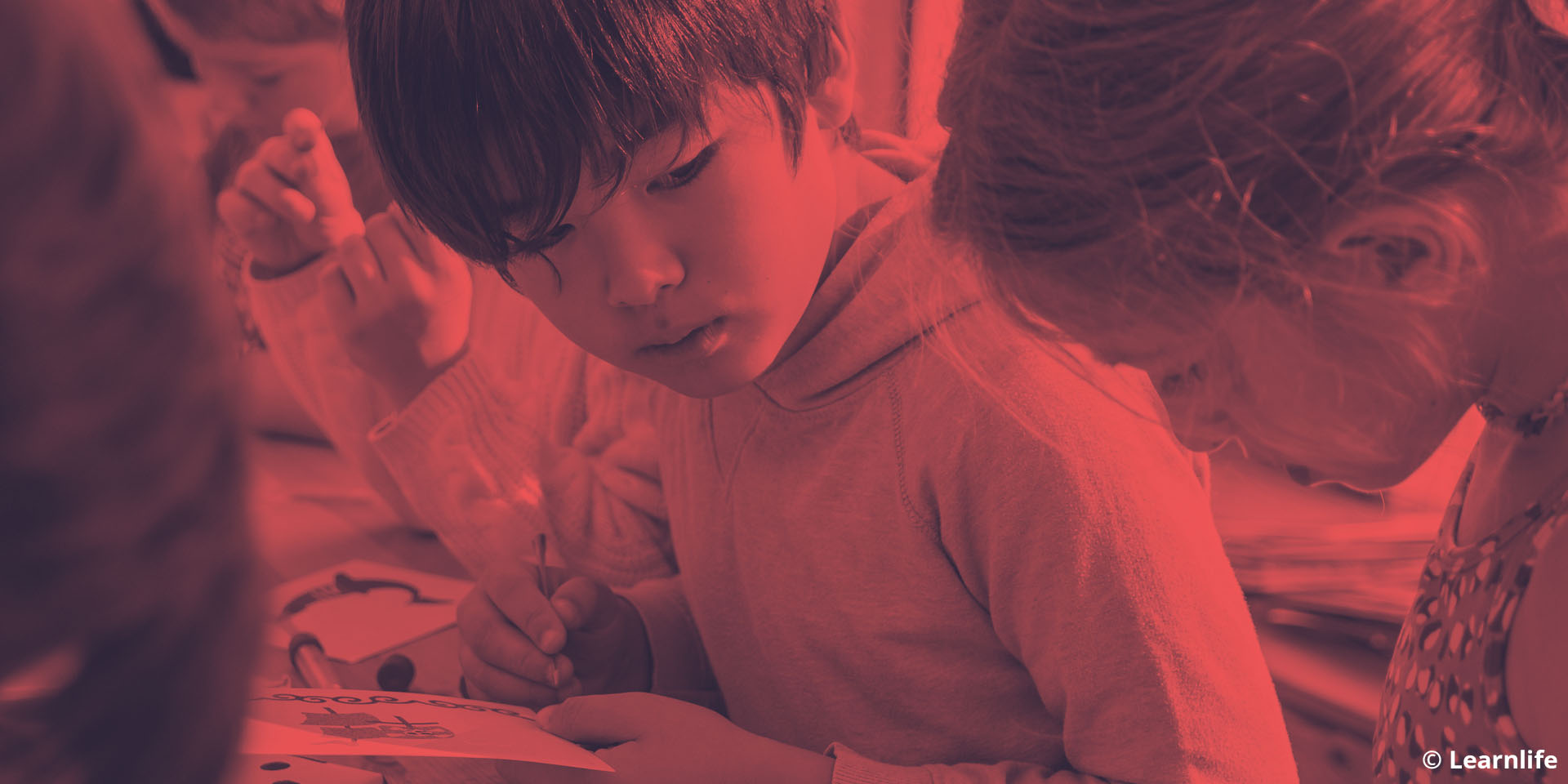
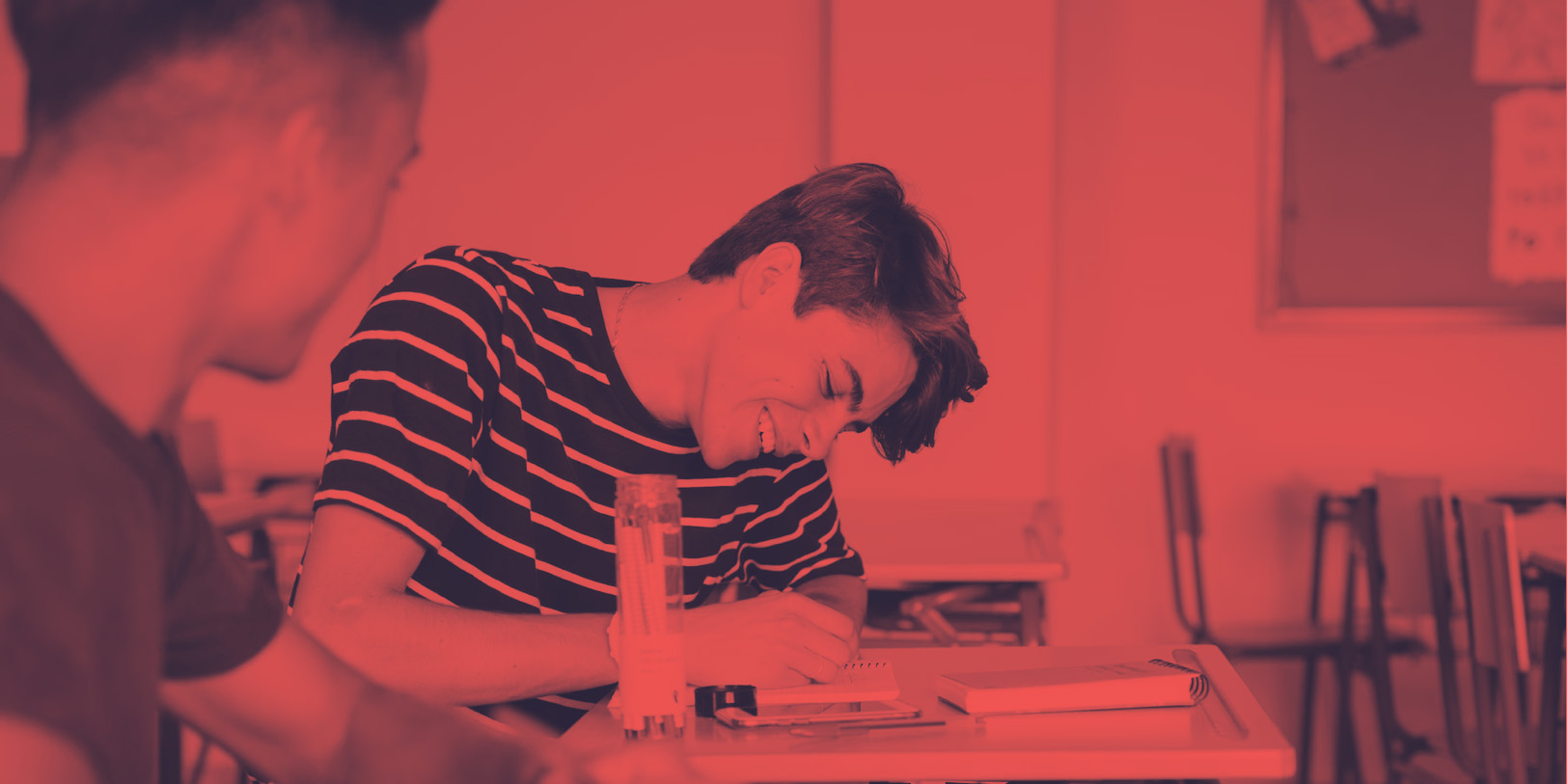
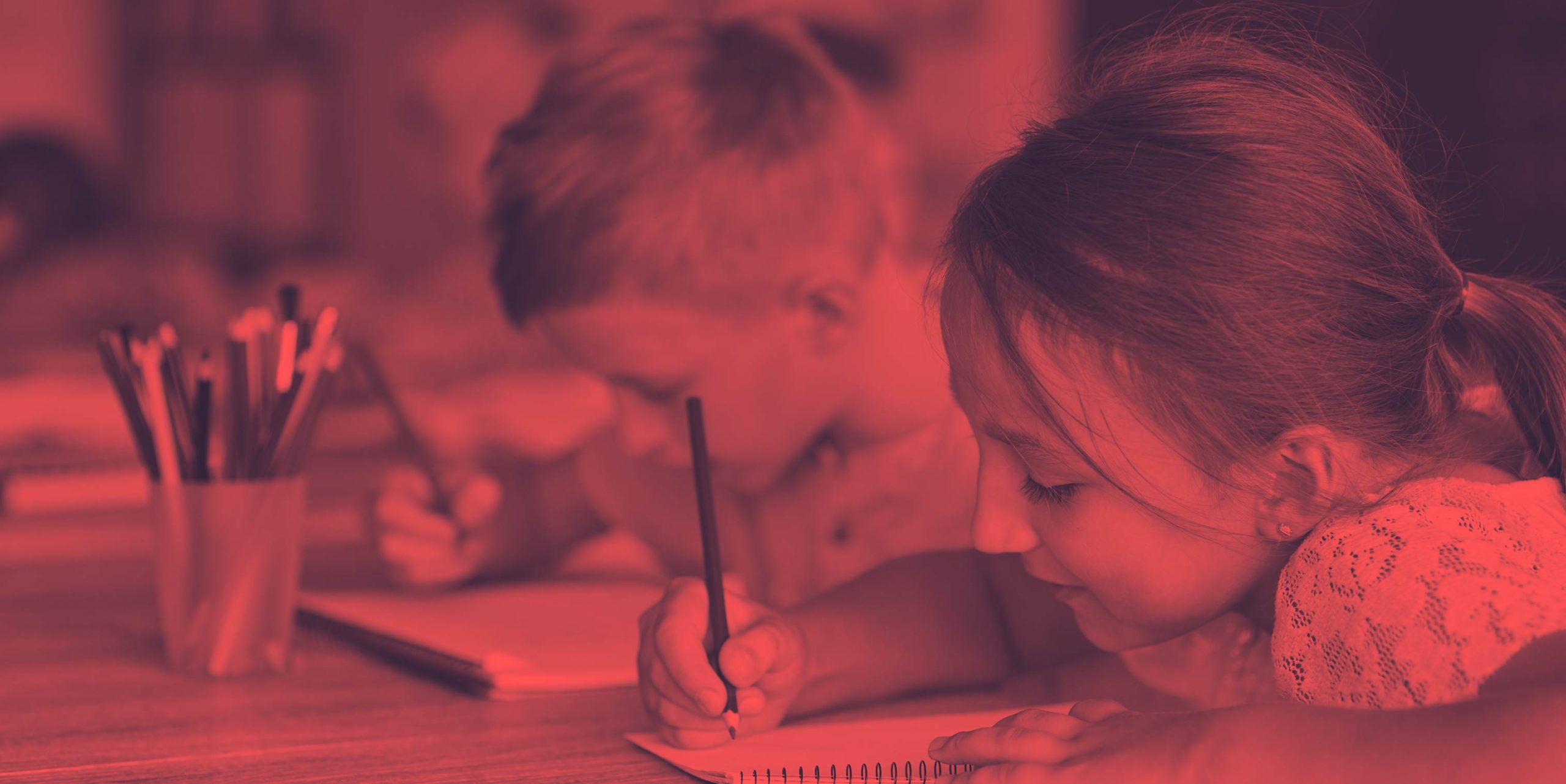
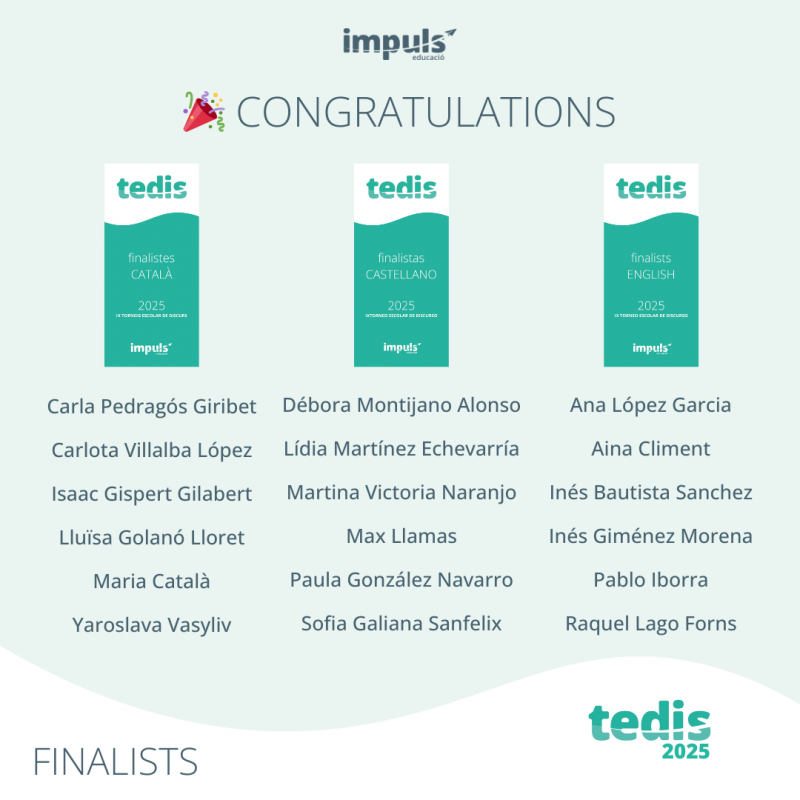
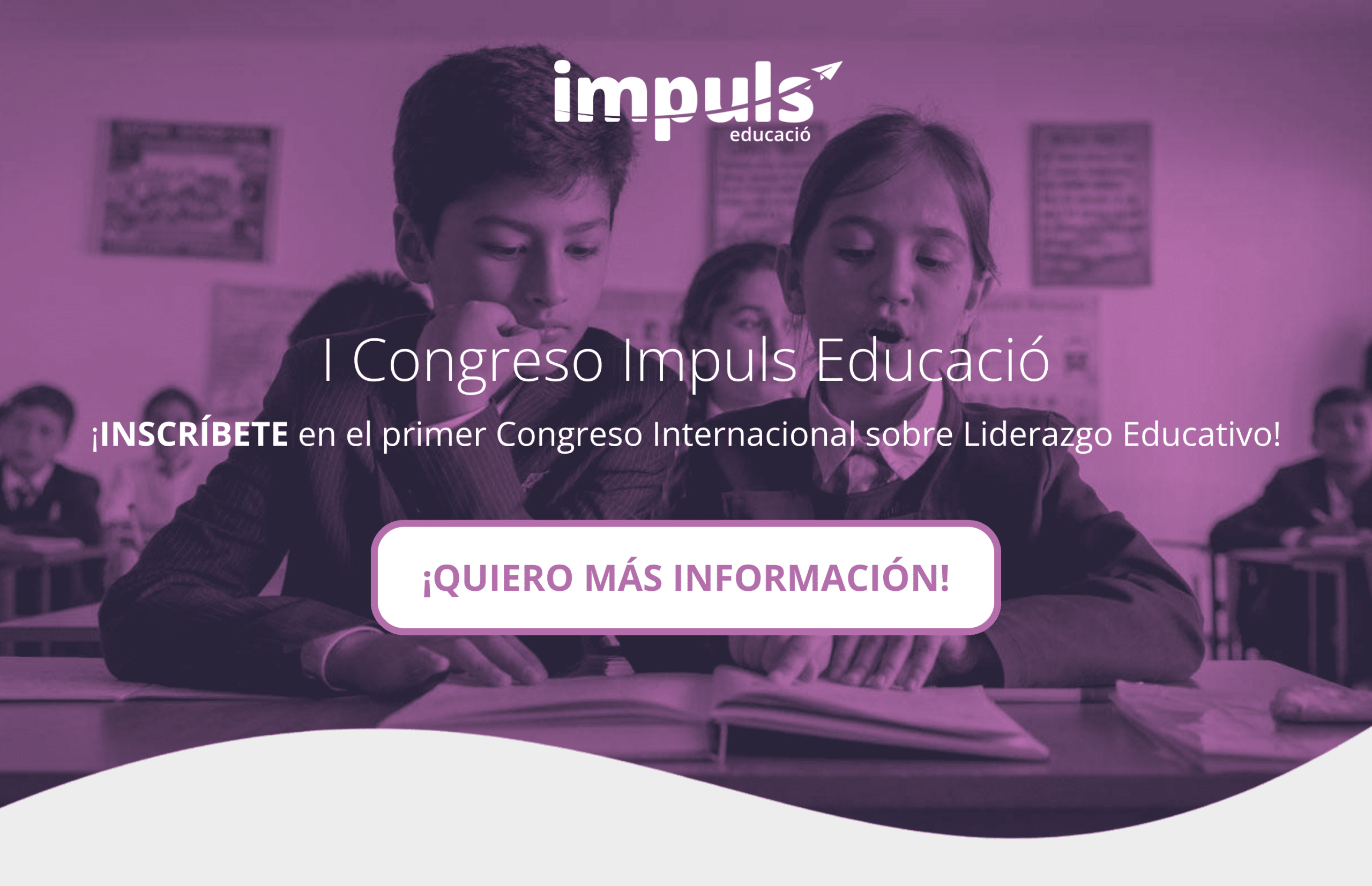
Leave A Comment